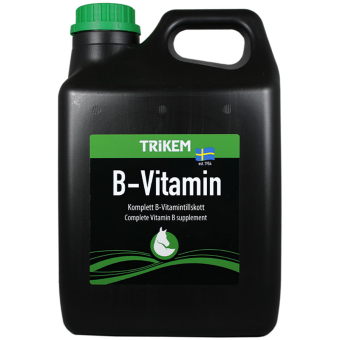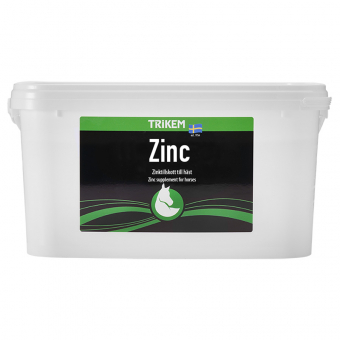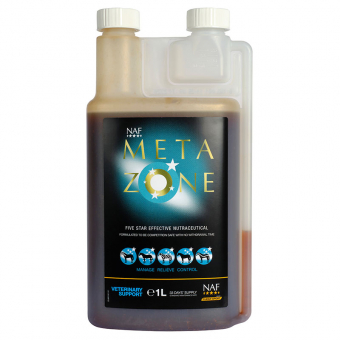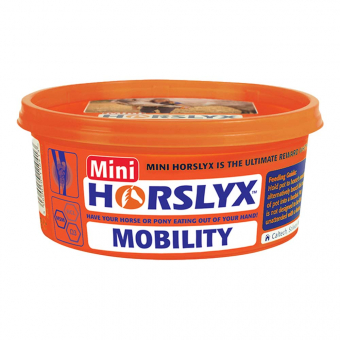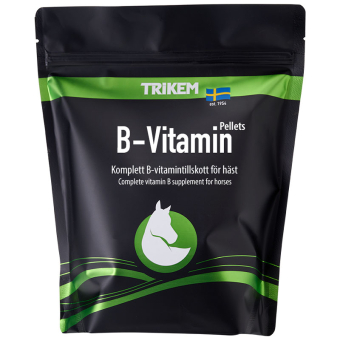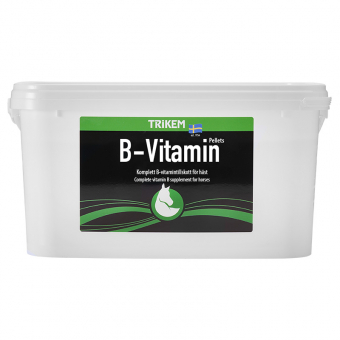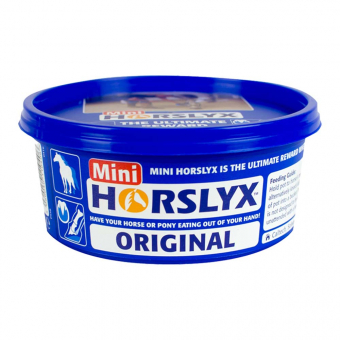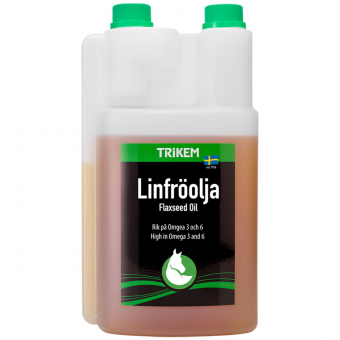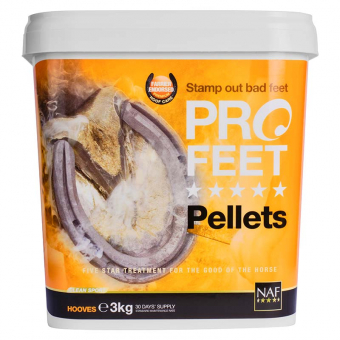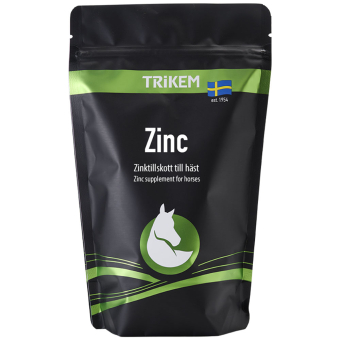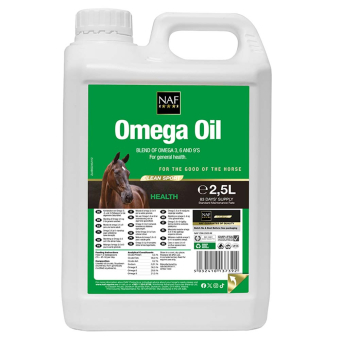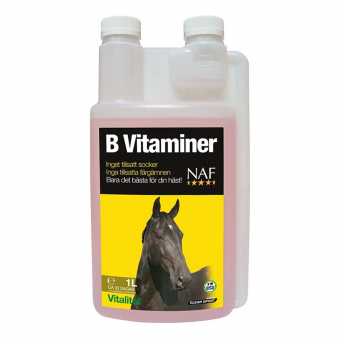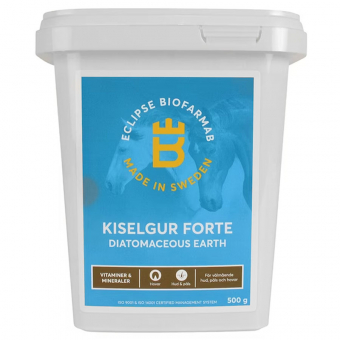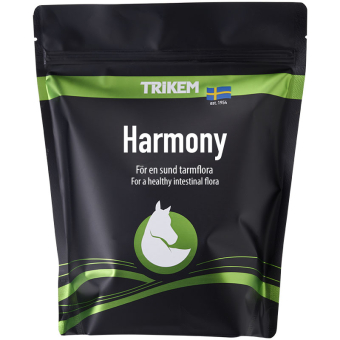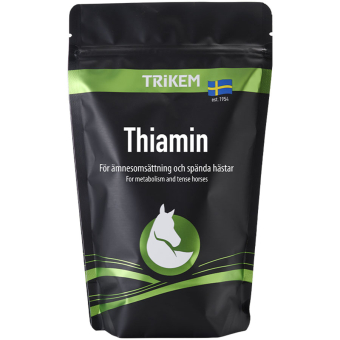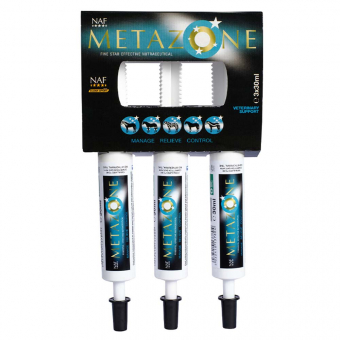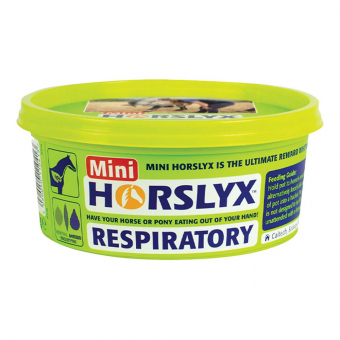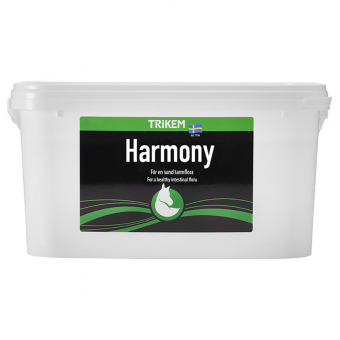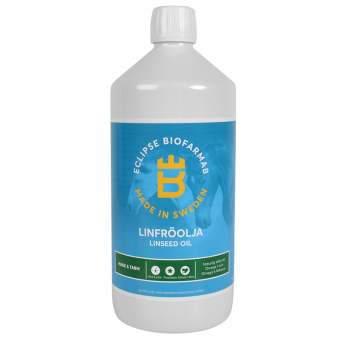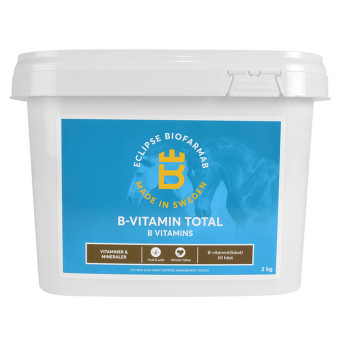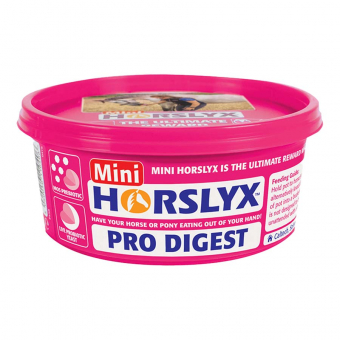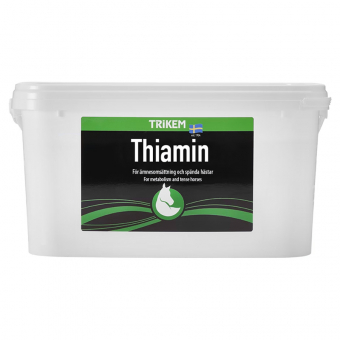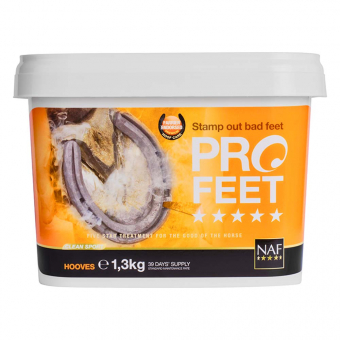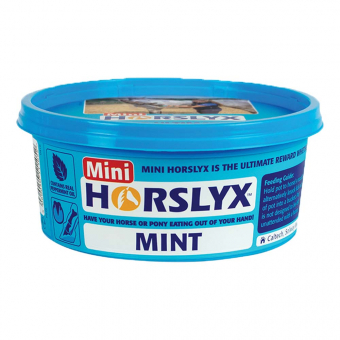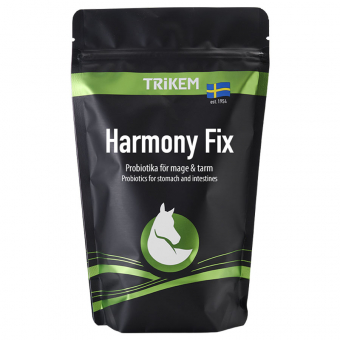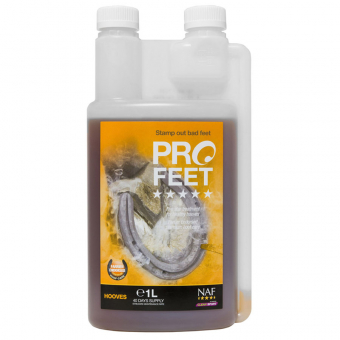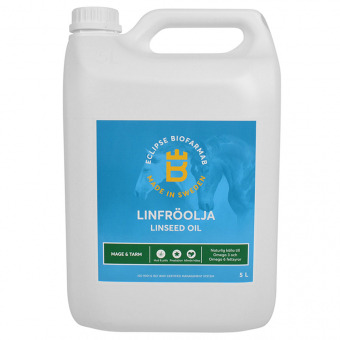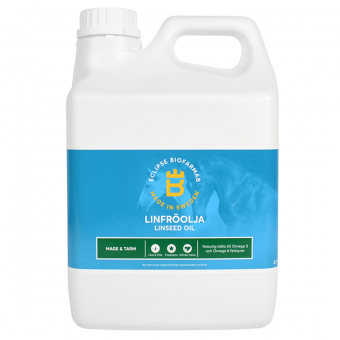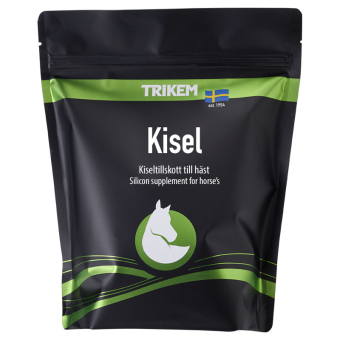It is important to keep the horse's skin and coat healthy for it to function optimally with its protective functions. When the horse's needs for vitamins, minerals, and antioxidants cannot be fully met by roughage, we may need to add various supplements for different purposes. The requirements can vary at different times of the year, such as during coat growth and shedding when there may be an increased need for certain nutrients. Here you will find supplements that promote the quality of the horse's coat, skin, and hair.
Read more
Prevent Mud and Eczema with Feed Supplements
Protect your horse's skin from seasonal skin conditions such as mud and eczema with the help of feed supplements. During the fall and winter, horses are often exposed to wet and muddy conditions, which can increase the risk of mud-related issues. In the warm season, some horses may experience problems with itchy insects and eczema. In such cases, there are good supplements available that provide plenty of antioxidants and other essential nutrients to prevent or address these problems.Horse's Coat and Hair
To keep your horse's coat healthy and vibrant, it is important to ensure that its nutritional needs are met. By using supplements with vitamins and beneficial antioxidants, you can ensure that your horse maintains a healthy and shiny coat. For instance, horses naturally produce B-vitamins if their cecum is functioning properly, but sometimes the need for these vitamins may be greater, especially during energy-demanding activities like shedding their coat or strenuous physical exercise.Various Types and Functions of Horse Hair
The different types of horse hair have important roles and functions, including protecting the skin and keeping it healthy. Horse hair can be categorized into four different types:- Guard hairs, which make up the majority of the body's hair covering. We often refer to guard hairs as a horse's coat.
- Mane, tail, and fetlock hairs make up the protective hair.
- Sensory hairs are slightly longer hair strands that horses have around their eyes and nostrils.
- Woolly hairs are a soft, woolly coat that provides extra protection against the cold. Foals have woolly hairs, and older horses in cold climates can also develop them.
